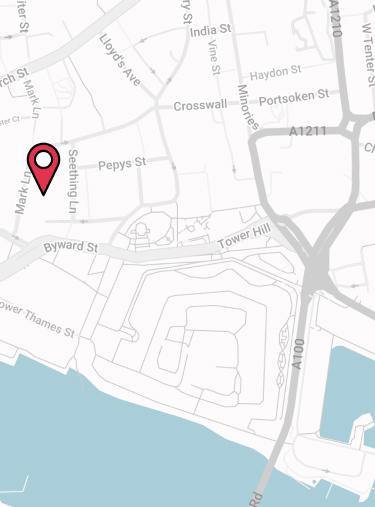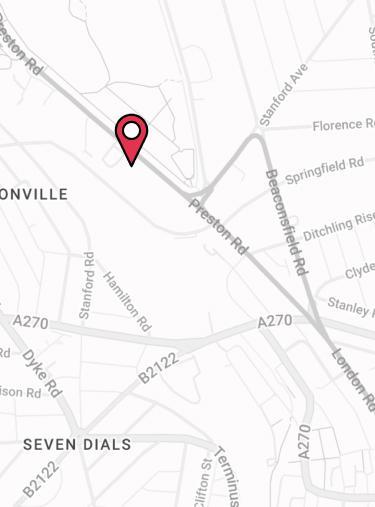Company Health Insurance with “medical history disregarded” (MHD) underwriting effectively ignores your employees’ pre-existing conditions. This means your policy treats all eligible medical conditions an employee has, regardless of when they arose.
This underwriting is unique when it comes to Health Insurance. Usually, insurers examine a policyholder’s medical history in order to calculate cover and exclude pre-existing conditions.
MHD is only available for Group Health Insurance schemes of a certain size (usually 20 employees or more). It’s not available to individuals with personal Health Insurance policies.
What Does Medical History Disregarded Underwriting Cover?
Even with MHD underwriting, Company Health Insurance policies only treat eligible conditions. Private Medical Insurance only treats acute conditions. Chronic conditions aren’t eligible, even with MHD underwriting.
- Acute conditions pass with time and treatment and include cataracts needing surgery or joint pain requiring a joint replacement
- Chronic conditions are with you for life. Doctors cannot cure them, only manage them (such as asthma and diabetes).
Is Medical History Disregarded Underwriting Right for Your Business?
Assuming you’ve got enough employees, MHD underwriting can offer a Business Health Insurance scheme that covers your workers’ pre-existing conditions. However, given the broader scope of coverage it’s the most expensive option to choose.
Despite this, many employers prefer to choose it to cover all eligible pre-existing conditions and ensure equality for all members under the scheme.
Why Speak to Us?
Employee benefits can be a headache. But our specialists do this day-in, day-out, offering first class service when you need it most. Here’s why you should talk to us:
- Award-winning independent employee benefits consultants, working with leading UK insurers and benefit providers
- Assigned specialist on hand to help – every step of the way
- 4084 and growing independent client reviews rating us at 4.92 / 5
- Authorised and regulated by the Financial Conduct Authority. Find us on the financial services register
- Claims support when you need it most.



